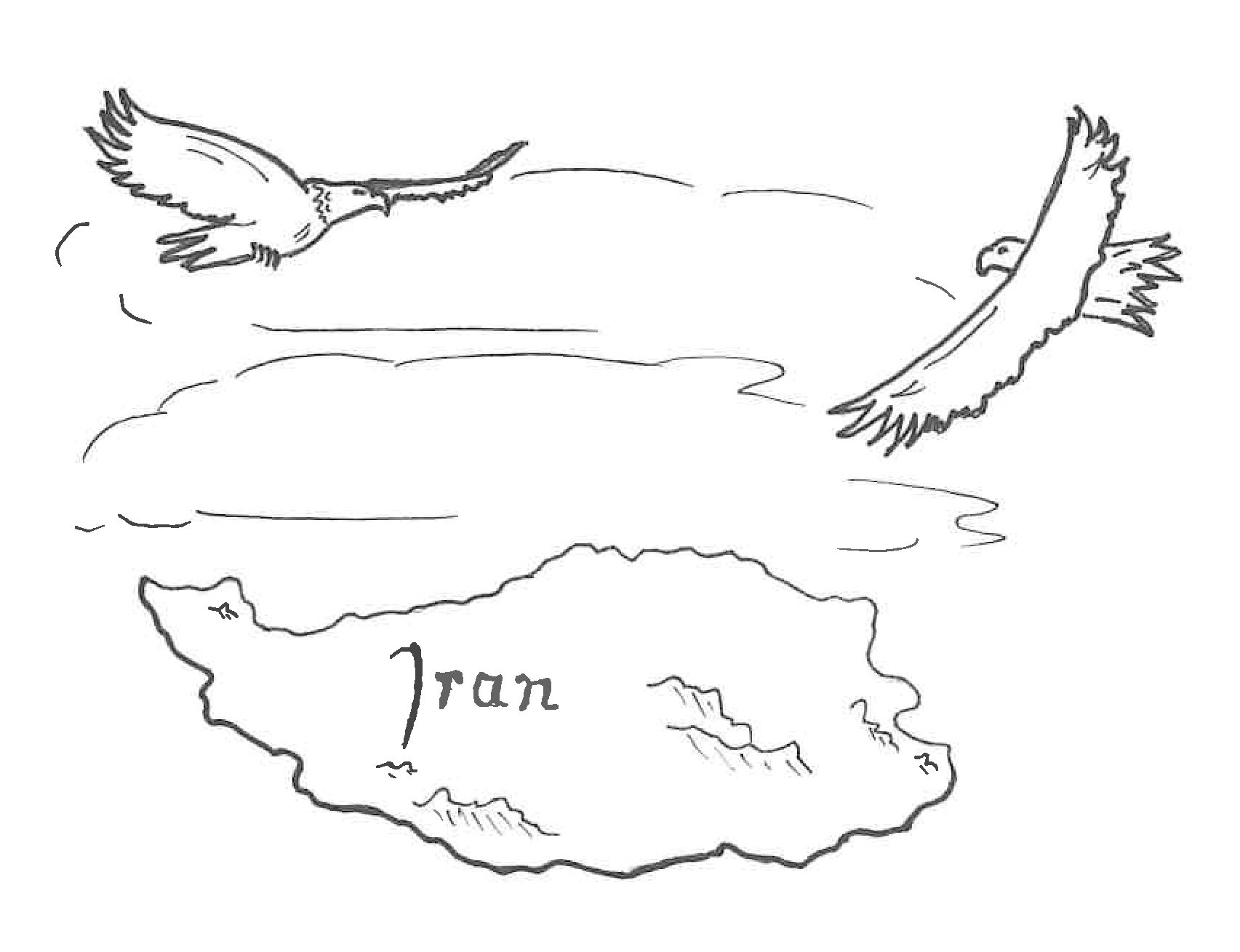U.S. and Iranian tensions reach a pinnacle
By Chancellor Mentink, Reporter
 The assissination of Qasem Soleimani, an Iranian top official and head of the Iranian Revolutionary Guard, will have many repercussions for the U.S.’s future in the Middle East. Soleimani became a military war hero in both Iraq and Iran after stopping ISIS’s advance into Baghdad, almost single-handedly. Soleimani was assassinated near Baghdad, Iraq on Jan. 3 by an American drone strike ordered by President Donald Trump. Because of this order, Iran and the U.S. have come the closest to being at war that they have been within the last decade. There are many new ideas since the event about what might happen in the middle east, with worries of the Iranians making some kind of surprise in October to stop Donald Trump from regaining the presidency.
The assissination of Qasem Soleimani, an Iranian top official and head of the Iranian Revolutionary Guard, will have many repercussions for the U.S.’s future in the Middle East. Soleimani became a military war hero in both Iraq and Iran after stopping ISIS’s advance into Baghdad, almost single-handedly. Soleimani was assassinated near Baghdad, Iraq on Jan. 3 by an American drone strike ordered by President Donald Trump. Because of this order, Iran and the U.S. have come the closest to being at war that they have been within the last decade. There are many new ideas since the event about what might happen in the middle east, with worries of the Iranians making some kind of surprise in October to stop Donald Trump from regaining the presidency.
The assissination of Soleimani was a poorly thought-out action that has already led to many consequences and will lead to more in the future. The positive parts of these assassinations are heavily outweighed by the negative effects that will act against the U.S.’s ability to act in the region.
“No one is thinking that the Iranian revenge is complete,” Middle East correspondent for the Christian Science Monitor Scott Peterson said.
Peterson has extensive experience in both Iran and Iraq, having made more than 45 trips in the last 25 years. While in Iraq, he reported on the reign of Saddam Hussein during the Gulf War.
Peterson explained that Iran will likely strike at U.S. allies rather than directly striking U.S. military bases in the region. This will severely weaken the power that the U.S. has in the Middle East as their allies will attempt to avoid more conflict, which will likely restrict the newly distablizing force that the U.S. has become in the area.
Additionally, the U.S.’s allies in the region have started to tone down their anti-Iran rhetoric to avoid bearing the brunt and consequences of a U.S. invasion into Iran. Neither the U.S., Iran, nor any of the U.S.’s allies in the region want total war between the U.S. and Iran.
Peterson and Ellie Geranmayeh, Deputy Head of the Middle East and North Africa Program at the European Council on Foregin Relations, both elaborated that due to Iran’s high population and GDP, a war between the U.S. and Iran would be far more devastating than the U.S. wars in Iraq or Afghanistan.
“A military attack on Iran will make Afghanistan and Iraq look like a walk in the park,” Geranmayeh said.
Though a full blown war has not occured, and is not likely to, the assasination of Soleimani will be detrimental to the U.S.’s ability to act in the region. The horrible risks that the country and its allies in the region are far worse than the positives of killing a man who was strongly against the U.S. and their influence in the Middle East.
Our entire future in the Middle East is in question. We need to be as diplomatically nimble as possible to try and avoid conflict, while still abiding by our current treaties, and even further enforcing things like our nuclear deal with Iran. Our future as a peacekeeping force is in jeopardy, and it is now up to Iran to decide how this will end.
